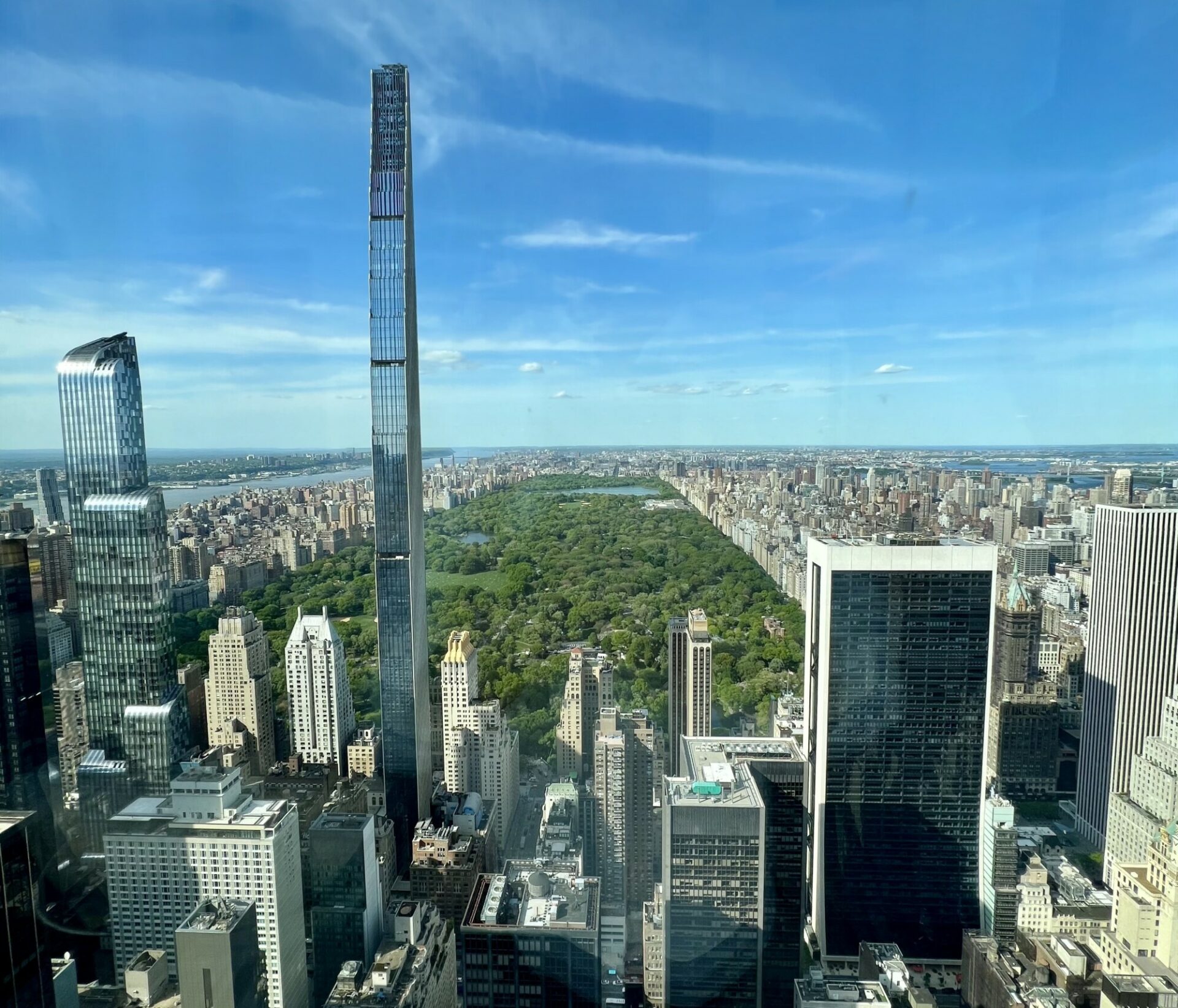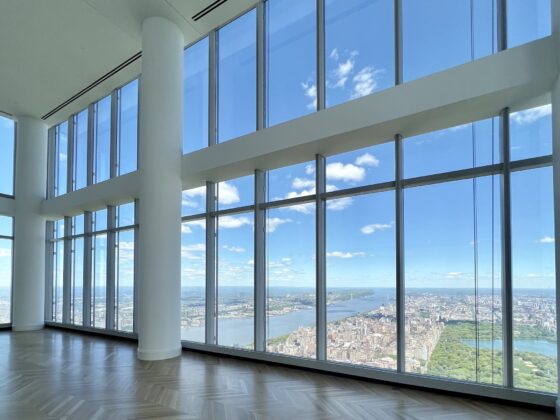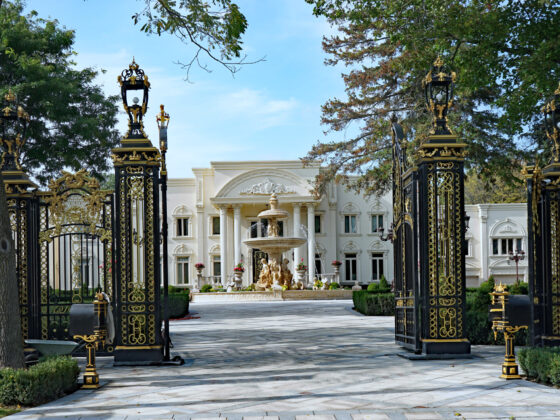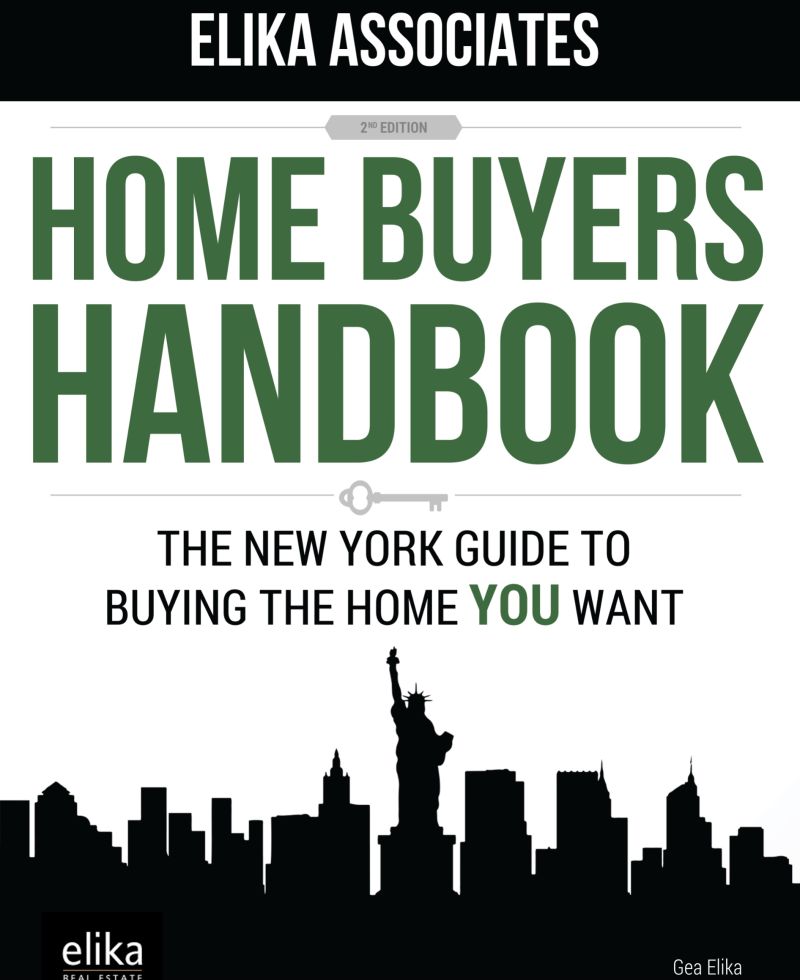Table of Contents Show
New York City, the dynamic metropolis known as the concrete jungle, offers many investment opportunities. Its vibrant culture, booming economy, and iconic skyline attract millions worldwide. However, beyond its allure as a global destination, New York City presents a compelling case for investing in real estate. This article explores why buying an investment property in NYC can be a wise financial move.
Economic Strength and StabilityEconomic Strength and Stability
New York City boasts a strong and diverse economy, with significant industries such as finance, technology, biotech, media, fashion, and entertainment. This economic diversity stabilizes the real estate market, reducing reliance on a single industry. Additionally, the city’s robust job market attracts professionals, creating a continuous demand for housing.
High Demand and Low Vacancy RatesHigh Demand and Low Vacancy Rates
The city’s population density and limited space contribute to the consistently high demand for housing. With over 8 million residents across its five boroughs, New York City attracts tourists, students, and professionals worldwide. As a result, the rental market remains strong, with low vacancy rates and high rental prices. Investing in rental properties in NYC can provide a reliable and steady income stream.
Potential for AppreciationPotential for Appreciation
Investing in real estate in New York City offers the potential for long-term appreciation. The limited availability of land and strict zoning regulations create scarcity, driving property values upward over time. Despite short-term fluctuations, historical data demonstrates a consistent upward trend in property prices. The city’s status as a global economic and cultural center ensures continued demand for real estate, further supporting appreciation.
20 Years of Pricing Appreciation Data for Condos20 Years of Pricing Appreciation Data for Condos
The following table shows the median price of condos in NYC over the past 20 years:
| Year | Median Price |
| 2003 | $400,000 |
| 2004 | $425,000 |
| 2005 | $450,000 |
| 2006 | $475,000 |
| 2007 | $500,000 |
| 2008 | $525,000 |
| 2009 | $475,000 |
| 2010 | $500,000 |
| 2011 | $525,000 |
| 2012 | $550,000 |
| 2013 | $575,000 |
| 2014 | $600,000 |
| 2015 | $625,000 |
| 2016 | $650,000 |
| 2017 | $675,000 |
| 2018 | $700,000 |
| 2019 | $725,000 |
| 2020 | $750,000 |
| 2021 | $775,000 |
| 2022 | $800,000 |
Best Condo Properties in NYC Based on Historical DataBest Condo Properties in NYC Based on Historical Data
Based on historical data and market trends, several types of condo properties in New York City have shown promise as solid investment options. However, it’s important to note that the real estate market is dynamic and subject to change. Here are some types of condo properties that have historically performed well:
- Prime Location Condos: Condos in prime areas such as Manhattan’s most desirable neighborhoods (e.g., Upper East Side, Tribeca, Greenwich Village) and waterfront locations have generally demonstrated strong appreciation over time. These locations attract high-end buyers and have a consistent demand for luxury housing.
- New Development Condos: Investing in newly constructed condos can offer potential advantages. New developments often incorporate modern amenities and features that attract buyers, and they have the potential for significant appreciation as the surrounding area develops and improves.
- High-Rise Condos with Views: Condos with breathtaking views of landmarks, parks, or waterfronts tend to command premium prices and have shown resilience in value appreciation. These properties often attract affluent buyers who value unique views.
- Condos in Up-and-Coming Neighborhoods: Investing in condos in neighborhoods experiencing revitalization and gentrification can provide opportunities for substantial appreciation. These areas often offer more affordable prices compared to established neighborhoods while undergoing positive transformation and attracting new businesses and residents.
- Transit-Oriented Condos: Properties near major transportation hubs, such as subway stations or commuter rail stations, tend to be in high demand due to their convenience and accessibility. These locations offer easy commuting options and can attract residents and investors.
- Luxury Condos with High-End Amenities: Condos that offer luxurious amenities such as concierge services, fitness centers, rooftop gardens, and spa facilities often appeal to affluent buyers and have the potential for solid appreciation. These properties cater to individuals seeking an upscale lifestyle and can provide attractive rental income potential.
It’s important to note that while historical data can provide valuable insights, investment decisions should also consider current market conditions, local regulations, and individual financial goals. Conducting thorough research, consulting with A real estate buyers agent, and analyzing specific property characteristics are crucial when making investment decisions in NYC’s dynamic real estate market.
Tax Benefits and IncentivesTax Benefits and Incentives
Investing in New York City real estate can provide investors significant tax benefits and incentives. Property owners can use tax deductions for property management, repairs, and mortgage interest expenses. Additionally, New York City offers tax exemptions for specific property improvements, reducing the overall tax burden. Understanding and maximizing these tax benefits can enhance the profitability of the investment.
Choosing the Right Ownership Structure for Condo Investment PropertiesChoosing the Right Ownership Structure for Condo Investment Properties
Choosing the proper ownership structure for condo investment properties in NYC can be a complex decision, considering several factors. Here are some of the most important factors to consider when choosing an ownership structure for your NYC condo investment property:
- Liability protection: As a real estate investor, you risk being sued for various reasons, including negligence, breach of contract, and property damage. If you are sued, your assets could be at risk. An ownership structure that provides liability protection, such as an LLC, can help protect your assets in case of a lawsuit.
- Tax implications: The ownership structure you choose will have tax implications. For example, if you own the property in your name, you will be personally liable for any taxes owed on the property. However, if you own the property in an LLC, the LLC will be responsible for the taxes, which can help to protect your assets.
- Ease of management: The ownership structure you choose will also affect how easy it is to manage the property. For example, if you own the property in an LLC, you must have a management plan.
- Your circumstances: Your circumstances will also play a role in determining the best ownership structure for your NYC condo investment property. For example, if you invest with others, you may want to consider a joint ownership structure or a trust.
Here are some of the most common ownership structures for condo investment properties in NYC:Here are some of the most common ownership structures for condo investment properties in NYC:
- Individual ownership is the simplest structure, meaning you will own the condo property in your name. This is a good option if you are the only investor in the property or are comfortable taking on all the liability associated with owning the property.
- Joint ownership means owning the condo property with another person or group. This option is good if you invest with family or friends or want to share the property’s responsibility and liability.
- Trust: This is a legal entity that can own property. Trusts can protect your assets from creditors, minimize estate taxes, and pass on your property to your heirs.
- Limited liability company (LLC): An LLC is a legal entity that provides liability protection for its owners. This means your assets will be protected if something goes wrong with the property. LLCs are also an excellent way to manage multiple condo properties.
It is essential to consult with an attorney to discuss the different ownership structures and choose the one that is right for you.
Here are some additional tips for choosing an ownership structure for your NYC condo investment property:Here are some additional tips for choosing an ownership structure for your NYC condo investment property:
- Please do your research: Before choosing an ownership structure, it is essential to research and understand the options available. This includes understanding the pros and cons of each ownership structure and how it will affect your taxes, liability, and management responsibilities.
- Consider your goals: What are your plans for this investment? Are you looking for short-term profits or long-term appreciation? Once you know your goals, you can make better decisions about which ownership structure is proper for you.
- Talk to an attorney: An attorney can help you understand the different ownership structures and choose the one that is right for you. They can also help you draft documents and file the appropriate paperwork.
Diversification and Wealth PreservationDiversification and Wealth Preservation
Investing in real estate in NYC allows for portfolio diversification and wealth preservation. Real estate is a tangible asset that can hedge against inflation and stock market volatility. Investors can achieve a balanced and diversified portfolio by including real estate in their investment portfolio. New York City offers a wide range of condo properties, providing opportunities for investors with different risk tolerances and investment goals.
Professional Property Management ServicesProfessional Property Management Services
Owning an investment property in New York City does not necessarily require hands-on management. Investors can hire professional property management services specializing in the local market. These services handle tenant acquisition, rent collection, property maintenance, and other administrative tasks, freeing up investors’ time and ensuring the property is well-managed. This option is particularly beneficial for out-of-state or international investors who cannot oversee the property personally.
Cultural and Lifestyle AdvantagesCultural and Lifestyle Advantages
Beyond the financial considerations, investing in NYC real estate offers access to a vibrant cultural scene and a diverse and dynamic lifestyle. The city is renowned for its world-class museums, Broadway shows, music festivals, culinary experiences, and iconic landmarks. Owning an investment property in NYC provides a financial return and offers the opportunity to enjoy the city’s unique cultural offerings and lifestyle.
The Importance of a Buyer’s Broker in NYC Real EstateThe Importance of a Buyer’s Broker in NYC Real Estate
Navigating the complex NYC real estate market can be challenging, making a buyer’s broker invaluable. They offer market expertise, negotiation skills, access to off-market properties, and transaction management, ensuring a smooth buying process and favorable investor outcomes.
Finding a reliable buyer’s broker involves researching and evaluating potential brokers through online resources, referrals, and industry associations. Considering criteria aligned with investment goals and preferences helps select a broker who can provide tailored guidance.
What are The Closing Costs When Buying a Condo InvestmentWhat are The Closing Costs When Buying a Condo Investment
The closing costs in NYC when buying a condo investment property can vary depending on the purchase price, the type of property, and the financing terms. However, as a general rule of thumb, you can expect to pay between 2% and 6% of the purchase price in closing costs.
Here are some of the most common closing costs associated with buying a condo investment property in NYC:
- Mortgage Recording Tax (MRT): This tax is paid to the city of New York on the mortgage amount. The current rate is 1.8% for loans below $500,000 and 1.925% for loans of $500,000 or more.
- New York State/City Mansion Tax: This tax is paid on the purchase price of a condominium or cooperative apartment valued at more than $1 million. The current rate is 1%.
- Title Insurance: This is insurance that protects you against any title defects that may exist on the property. The cost of title insurance typically ranges from 0.5% to 1% of the purchase price.
- Legal Fees: Legal fees will vary depending on the attorney you hire, but you can expect to pay between $2,000 and $5,000.
- Other Closing Costs: Additional closing costs may be incurred, such as appraisal fees, recording fees, and transfer taxes. These costs can vary depending on the specific property and the financing terms.
If you are buying a new development condo, you may also be responsible for paying transfer taxes. The transfer tax rate in NYC is 1.4% for the first $500,000 of the purchase price and 2.075% for the amount over $500,000.
In addition to the closing costs listed above, you may need to make a down payment on the property. The amount of the down payment will depend on your financial situation and the terms of the financing.
It is essential to factor in the closing costs when budgeting to purchase a condo investment property in NYC. By understanding the closing costs, you can be prepared for the financial commitment of buying a property.
ConclusionConclusion
Investing in real estate in New York City is an enticing proposition for numerous reasons. The city’s economic strength, high demand for housing, potential for appreciation, tax benefits, diversification opportunities, professional property management services, and cultural advantages make it an attractive market for investors. However, conducting thorough research, seeking professional advice, and carefully analyzing the market before making investment decisions are essential. Real estate investment requires careful planning, financial diligence, and a long-term perspective. With the right strategy and understanding of the market dynamics, buying an investment property in NYC can be rewarding, providing financial growth and lifestyle benefits.








